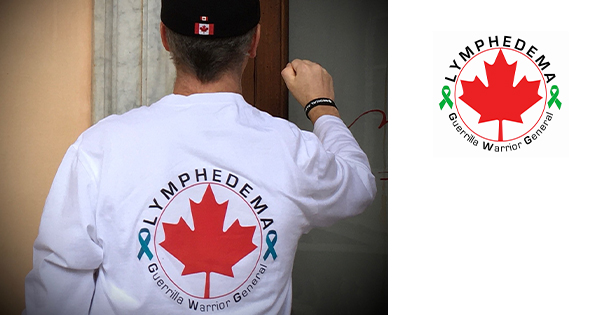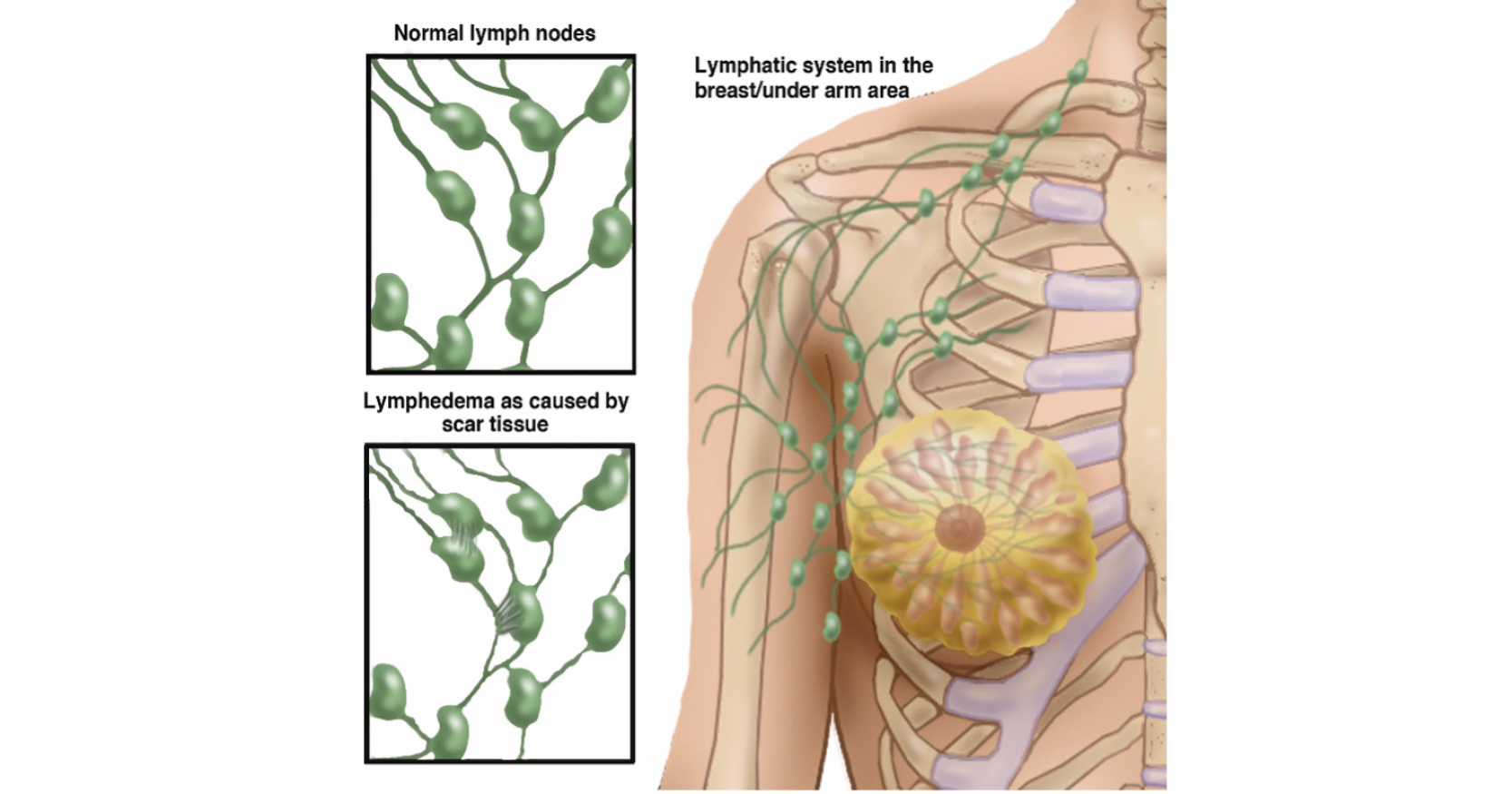Background: Paucity of interprofessional knowledge concerning primary lymphoedema (PL) heightens concerns that children with PL may receive incognisant care and that psychosocial and medical resources may be insufficient. Juxtaposing a young adult’s lived experience of PL with accounts from a medically-trained parent offers a new dimension to qualitative research. Aims: To translate and summarise the lived experience of PL and to reframe components of the parent–child journey for lymphoedema specialists and stakeholders. Method: This phenomenological qualitative research used an interview process to gather textual and contextual data from participants. Results: Six main theoretical constructs materialised that illustrated the lived experience of PL of both the patient and caregiver. Conclusion: Fears and challenges are encountered by both the medically trained parent and young adult along the continuum of PL during adolescence. Interprofessional medical practitioners should consider PL in their differential diagnostics, especially in the case of significant oedema that does not resolve.






